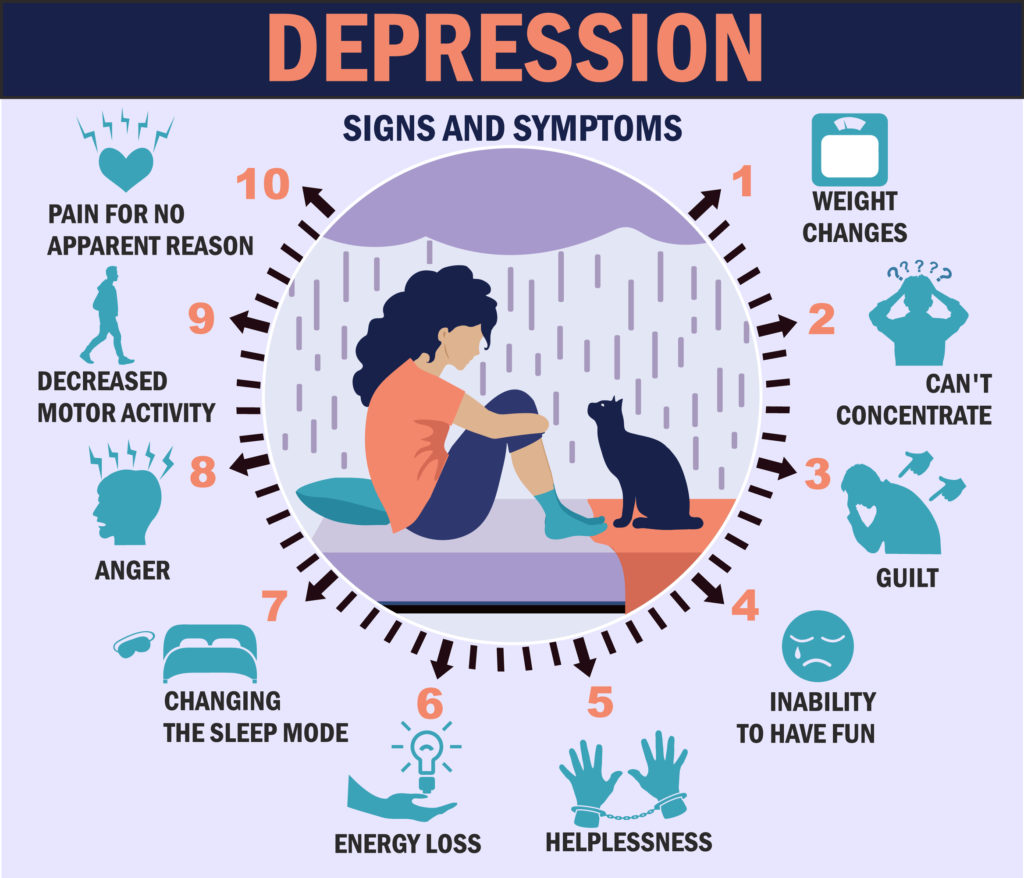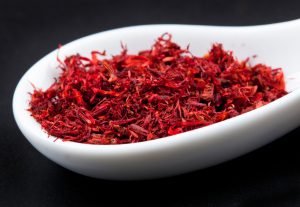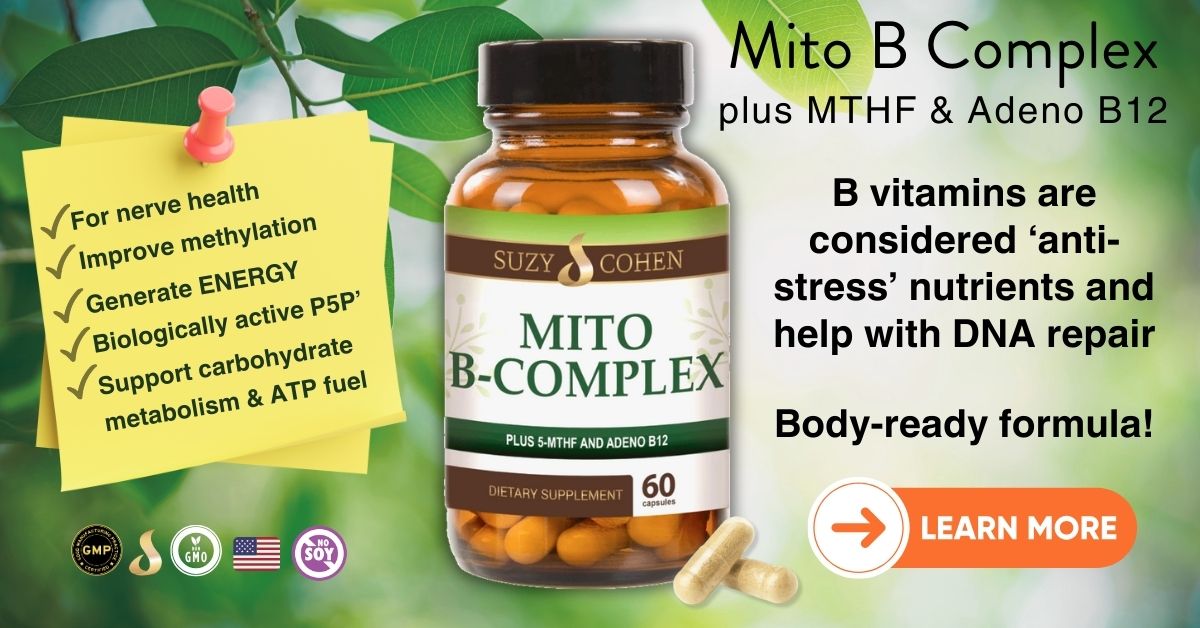What's On This Page?
ToggleToday’s blog may surprise you because it’s about new prescribed psychiatric medications. As someone who’s always believed in the power of natural remedies, supplements, and lifestyle changes, I understand the importance of trying gentler, holistic approaches first. After all, herbs, vitamins, and mindfulness practices often provide incredible support for our mental health without the need for pharmaceuticals. But let’s face it—there are times when natural remedies may not be enough. And when all else fails, it’s crucial to know what’s available to help you feel better. With the rates of mental health problems skyrocketing in the United States (see below), we need to consider all options.
I’ve always walked a fine line between natural remedies and modern medicine, and I’m certainly not here to advocate for reaching for a pill at the first sign of discomfort. But I am here to give you the information you need, because sometimes medication is the best option for serious conditions like depression, bipolar disorder, or postpartum mood swings. In these cases, having the right medication in your corner can make all the difference. That said, my approach remains the same: try everything else first, and if you need extra help, know which medications might be your best bet.
The statistical data on the screenshot below is from the National Alliance of Mental Illness.
In this post, I’ll walk you through some of the latest psychiatric medications that have recently been approved, what they treat, and how they fit into the broader landscape of mental health care. And as always, I’ll offer natural adjunctive remedies that can complement these medications – because I firmly believe in the synergy of both worlds when it’s done mindfully. If medications are simply not what you want, skip this blog and learn more about stress, anxiety and depression. Just CLICK HERE to read 8 Natural Remedies for Stress and Anxiety: Finding Calm Amidst Uncertainty.
Let’s dive in about the medications for 2024.
5 New FDA-Approved Psychiatric Medications
With the rapid advancement of psychiatric medications, it’s essential to stay up-to-date, especially if you or a loved one is dealing with mental health issues like depression, anxiety, or bipolar disorder. The past year or two, several new psychiatric drugs have been approved by the FDA, each with unique benefits and considerations.
Let’s take a look at five of the most intriguing medications and discuss how natural remedies can work in tandem for optimal mental health.
1. Gepirone (Exxua®) for Major Depressive Disorder
Major depressive disorder (MDD) is characterized by persistent feelings of sadness, hopelessness, and a lack of interest or pleasure in activities. Other symptoms include changes in appetite, sleep disturbances (insomnia or oversleeping), fatigue, difficulty concentrating, and thoughts of death or suicide. See below for my graphic which shows some more symptoms.
How Gepirone Helps: Gepirone, approved in 2023, specifically targets serotonin (5HT-1A receptors) to alleviate these depressive symptoms. Its reduced risk of sexual side effects and weight gain makes it especially appealing for those concerned about these common issues with other antidepressants. You can find out more about Exxua® by CLICKING HERE.
Symptoms of Major Depressive Disorder:
- Persistent low mood
- Loss of interest in hobbies and activities
- Fatigue and low energy (You may be interested in my blog, Hormone Strategies for Fatigue and Menopause).
- Changes in sleep and appetite
- Feelings of worthlessness or excessive guilt
- Difficulty concentrating
Practical Tip: Consider discussing Gepirone with your doctor if you’re dealing with MDD but have concerns about sexual side effects and weight gain from current treatments. Speaking of weight gain, this is common in people with hormonal imbalances (at any age), so you may want to grab a copy of my magazine on that topic. I wrote this magazine. It’s a free download that has the ability to change your life! Click on the image below.
2. Zuranolone (Zurzuvae®) for Postpartum Depression
Postpartum depression (PPD) can develop after childbirth, causing intense feelings of sadness, anxiety, and exhaustion that interfere with daily life and the ability to care for your newborn. Other symptoms include irritability, crying spells, loss of interest in the baby, withdrawal from loved ones, and difficulty bonding with the infant.
How Zuranolone Helps: Approved in 2023, Zuranolone provides rapid relief for PPD symptoms over a short, two-week course, offering new mothers an alternative to longer-term antidepressants. Taken with food, it works to quickly stabilize mood, improving both the mother’s well-being and her connection with the baby. Here is where you can learn more about Zurzuvae®.
You might find comforting and useful information in my other blog, 8 Excellent Tips for Postpartum Depression and Recovery.
Symptoms of Postpartum Depression:
- Severe mood swings or frequent crying spells
- Difficulty bonding with the baby
- Feelings of hopelessness or worthlessness
- Severe fatigue or loss of energy
- Irritability and anger
- Anxiety, especially about caring for the baby
Practical Tip: If you’re struggling with your mood after childbirth, consider Zuranolone for fast relief and discuss with your healthcare provider how it might fit into your treatment plan.

3. Dextromethorphan/Bupropion (Auvelity®) for Depression
In addition to the common symptoms of depression (as listed above), some people experience a more severe or persistent form of the disorder that doesn’t respond well to typical treatments. Rapid mood changes, feelings of emptiness, and irritability are often experienced by people with treatment-resistant depression.
How Auvelity Helps: Auvelity offers a quicker onset of relief than many traditional antidepressants by working on NMDA receptors, which are involved in mood regulation. It’s particularly beneficial for patients who haven’t had success with standard antidepressants. If you want to learn more about Auvelity®, you can CLICK HERE for their brochure.
Symptoms of Depression (Treatment-Resistant):
- Persistent sadness or low mood despite treatment
- Emotional numbness or emptiness
- Irritability and frustration
- Difficulty finding motivation
- Feelings of helplessness that won’t improve with typical treatments
Practical Tip: If you’re finding that traditional antidepressants aren’t giving you the relief you need, Auvelity could be a valuable option. It works quickly and targets different brain pathways than other medications.
4. Olanzapine/Samidorphan (Lybalvi®) for Bipolar Disorder and Schizophrenia
Bipolar disorder causes dramatic shifts in mood, energy, and activity levels. Patients may experience depressive episodes (similar to MDD symptoms) as well as manic episodes, where they feel euphoric, overly energetic, or unusually irritable. Schizophrenia, on the other hand, can cause hallucinations, delusions, disorganized thinking, and impaired functioning.
How Lybalvi Helps: Lybalvi is designed to treat the manic phases of bipolar disorder and the psychotic symptoms of schizophrenia while reducing the weight gain commonly associated with olanzapine. Samidorphan, an opioid receptor modulator, helps counteract the metabolic effects of olanzapine. If you’d like to learn more about Lybalvi®, here’s the WEBSITE.
Did you know that Vitamin D can enhance your treatments? Read my blog, Enhancing Bipolar Treatment with Vitamin D3 and Zinc.
Symptoms of Bipolar Disorder (Mania):
- Increased energy and restlessness
- Impulsive or reckless behavior
- Decreased need for sleep
- Racing thoughts and rapid speech
- Elevated mood or irritability
Symptoms of Schizophrenia:
- Hallucinations (hearing or seeing things that aren’t there)
- Delusions (false beliefs that don’t align with reality)
- Disorganized thinking or speech
- Difficulty concentrating
- Lack of motivation or emotional expression
Practical Tip: If you have bipolar disorder or schizophrenia and struggle with medication-related weight gain, Lybalvi might be a good option to discuss with your doctor.

5. Long-Acting Injectables for Schizophrenia and Bipolar Disorder
For people with schizophrenia or bipolar disorder, pyschiatric medication adherence is critical although challenging. These illnesses involve long-term management, and symptoms may return or worsen when medications are missed. Schizophrenia often presents with disorganized thinking, hallucinations, and delusions, while bipolar disorder involves mood swings between depression and mania.
How Long-Acting Injectables Help: New formulations like paliperidone (Invega Hafyera®) and risperidone (Uzedy®) provide a consistent dose of psychiatric medication levels in the body over weeks or months, making them a good choice for those who have difficulty remembering to take daily pills. These injections can be given infrequently, like twice a year in some cases, ensuring adherence and helping prevent relapses.
Symptoms of Schizophrenia and Bipolar Disorder (Untreated):
- Confusion and disorganized thinking
- Hallucinations or delusions
- Periods of extreme happiness or sadness
- Risky behaviors during manic phases
- Loss of motivation or emotional flatness
Practical Tip: If you or a loved one struggles with medication adherence, talk to your healthcare provider about long-acting injectables for a more convenient and consistent treatment approach.

Adjunctive Natural Remedies
While medications are essential in managing psychiatric conditions, some natural remedies can complement traditional treatment in mild or mild-to-moderate situations.
For example, saffron, a spice derived from the flower of Crocus sativus, has gained attention for its antidepressant effects. Several studies suggest that saffron can be as effective as traditional antidepressants in mild to moderate depression, with fewer side effects. Saffron appears to increase serotonin levels in the brain, which improves mood. I have a full dose of this herb in my vision formula because new studies also prove it benefits eye tissue and the optic nerve. (If your eyes are giving you trouble, learn more about Vision Script.)
I am a big believer in natural alternatives. Consider herbals like saffron, St. John’s wort, rhodiola, ginkgo and more. Also, SAM-e is another excellent option, and so is folate and other B vitamins! Let’s talk about the B’s as they pertain to psychiatric conditions. These are almost always deficient in people, especially if you drink coffee, alcohol, have a questionable diet or don’t supplement with probiotics.
B vitamins, especially B6, B9 (folate), and B12, play a crucial role in brain function and mental health. They help regulate neurotransmitters like serotonin, dopamine, and GABA, which are involved in mood stabilization and cognitive function, making them beneficial in conditions like depression and schizophrenia. Studies have shown that people with deficiencies in B12 or folate are more likely to experience symptoms of depression and may benefit from supplementation. In schizophrenia, higher doses of B vitamins have been linked to improved cognitive function and reduced symptoms when used alongside antipsychotic medications. Additionally, B vitamins can help reduce homocysteine levels, which, when elevated, are associated with increased risk of mood disorders like bipolar disorder.
Practical Tip: Consider adding a saffron supplement (10 – 30 mg each day) to your regimen if you’re dealing with a mild or situational case of depression. You can cook with a high-quality version of the spice too. Read my other blog about vision health because saffron is emerging as a powerful tool to help with eyesight: 7 Key Strategies to Combat Blurry Vision: A Comprehensive Guide.
Here’s a blog about a new receptor: Herbal Remedies for Anxiety and Depression: Impact on P2X7 Receptor
Always consult with your healthcare provider before adding any supplements, especially if you’re on psychiatric medications, as interactions are possible.
The landscape of psychiatric medications is evolving, and the new approvals in 2024 provide fresh hope for managing mental health conditions. Whether you’re considering novel antidepressants like Gepirone or Zuranolone, or looking into long-acting injectables for ease of use, it’s essential to stay informed. Remember, natural remedies like saffron can also play a supporting role in your mental health journey. Always consult your healthcare provider for a personalized approach that’s right for you.
By understanding the symptoms of each psychiatric condition, you can better appreciate how these new medications target specific areas of mental health. For many, finding the right treatment can significantly improve quality of life. Always discuss any changes to your pyschiatric medication regimen with your healthcare provider to ensure the best outcome for your mental well-being. If you are interested in more blogs about mental health conditions such as the ones outlined above, or related ones like misophonia, CLICK HERE.

Suzy Cohen, has been a licensed pharmacist for over 30 years and believes the best approach to chronic illness is a combination of natural medicine and conventional. She founded her own dietary supplement company specializing in custom-formulas, some of which have patents. With a special focus on functional medicine, thyroid health and drug nutrient depletion, Suzy is the author of several related books including Thyroid Healthy, Drug Muggers, Diabetes Without Drugs, and a nationally syndicated column.




